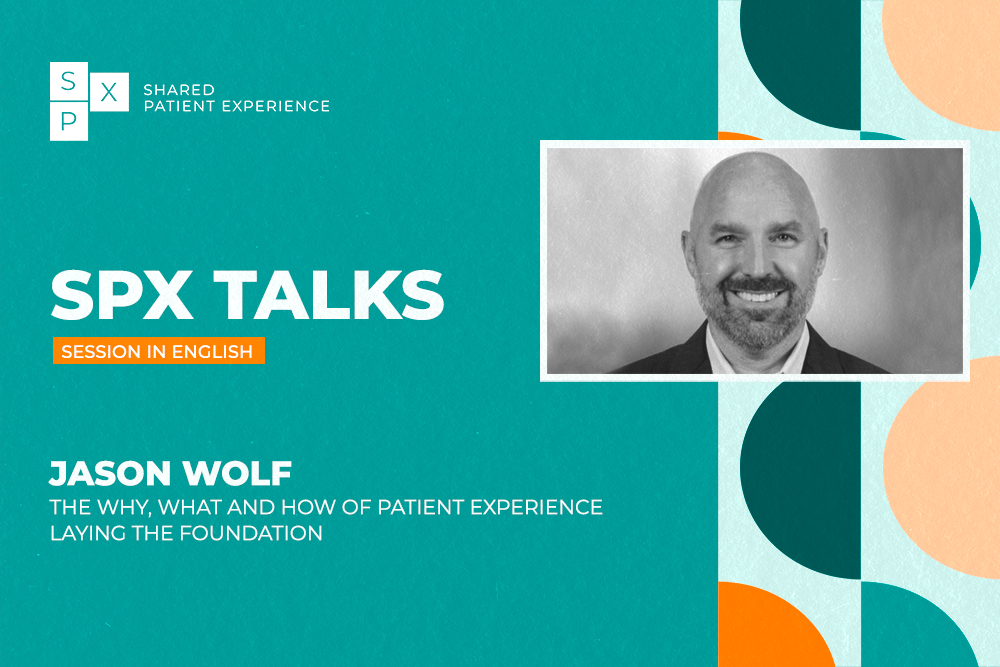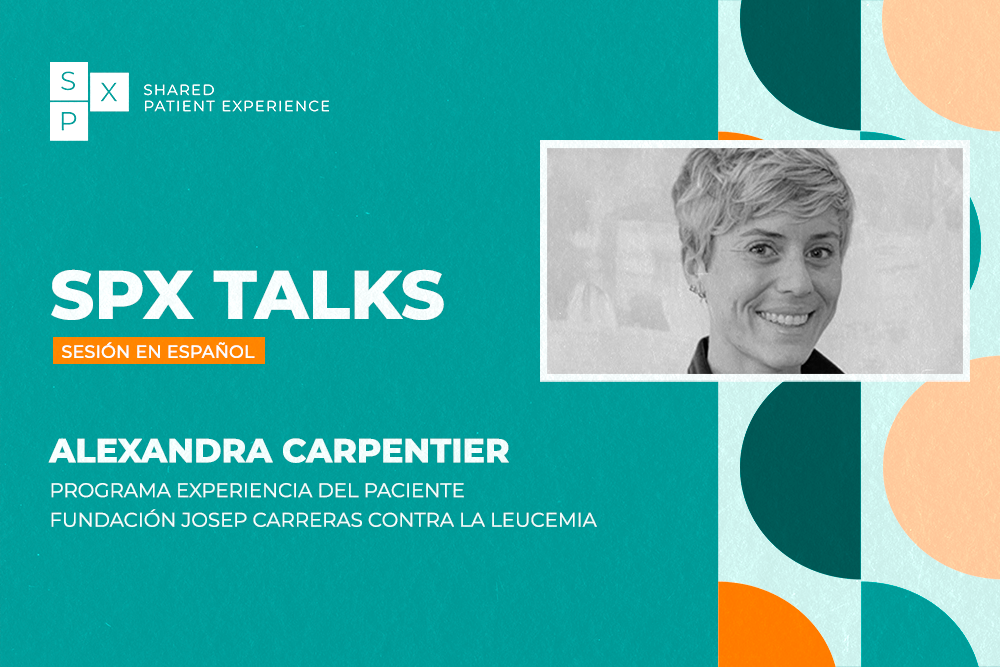
Associations between patient experiences and clinical outcomes
An Australian study examines the links between clinical outcomes and patient experiences of healthcare.
Despite the increasing importance of measuring patient experiences in healthcare, it is unclear whether patient experience is an accurate marker of good clinical outcomes. Increasingly, results of patient experience surveys are being made public, and linked to the hospital funding (pay for performance). Under these conditions, it is important for patients, providers and funders to understand whether good patient experience correlates with improved clinical outcomes. The research literature is inconsistent on this subject: some studies demonstrate better patient experiences associated with lower rates of hospital readmissions, complications and mortality; others report no such association.
These differences can be explained by the components of the patient experience examined. Some, such as communication with nurses and doctors, are more strongly associated with clinical outcomes than others. The Australian study by Prang K-H, Canaway R, Bismark M et al. seeks to assess whether patient experience is a useful surrogate marker for clinical outcomes among private inpatients of Australian hospitals.
Method used
Two separate sets of data were used for this: the results of a HCAHPS (Hospital Consumer Assessment of Healthcare Providers and Systems) survey of 24,705 patients selected from private health insurer’s patients admitted to a hospital six weeks earlier; and the clinical outcomes of these patients.
The HCAHPS survey measures 11 domains of patient experience using 25 questions: nurse communication, doctor communication, responsiveness of hospital staff, pain management, communication about medicines, discharge information, care transition, hospital cleanliness, quietness of the hospital environment, hospital rating and willingness to recommend the hospital. The clinical outcomes measured were: 14-day readmission, 28-day readmission, hospital-acquired complications and length of stay.
The mean score for each domain was adjusted for gender, age, education, admission via emergency department, overall health, mental health and subspecialty. The researchers then assessed the association between each domain of patient experience and clinical outcomes.
Study results
Significant associations were found between two of the elements: care transition from hospital and 28-day readmission; and pain management and hospital-acquired complications.
This means that patients who were readmitted within 28 days were more likely to be satisfied with their care transition from hospital than those who were not readmitted. Similarly, patients with a hospital-acquired complication were more likely to be satisfied with the way their pain was managed than those who did not have a complication. No significant associations were found between other domains of patient experience and clinical outcomes, suggesting that patient experiences should not be viewed as a surrogate marker of clinical outcomes.
Patient experience appears to be a separate quality measure that does not necessarily reflect the safety and effectiveness of care delivered by a hospital. The study concludes that patients can be satisfied with their care yet experience adverse outcomes.
The results are consistent with several previous studies which found that hospitals with higher complication or readmission rates had better patient experiences. This may be a consequence of greater care provided by hospital staff to patients experiencing adverse outcomes or service recovery efforts by the hospitals. Service recovery is a business term for addressing concerns raised by patients in response to a service failure, which can increase patient customer loyalty and satisfaction despite the service failure.
Interpretation precautions
The authors point out the limitations of their study, in particular the availability of a large number of patient experience domains and clinical criteria, increasing the probability of detecting significant associations by chance. They also point out that participants were likely to know their clinical outcome before responding to the survey, which may have influenced their responses. The researchers also cite contextual information that was not included in the analysis, such as the strength of the patient’s support networks, economic status, the suitability of their home environment for after-hospital care, or their adherence with recommendations after their discharge, and report a potentially poor response rate among culturally diverse people. Generalisability of the findings to the public sector is also unknown.
Conclusion
The study concludes that patient experience and clinical outcomes are likely to represent distinct aspects of quality of care. This is not to imply that the patient experience is not a valuable and valid measure, but rather that it should be seen for what it is: a marker of institutions’ capacity to produce patient-centred care and good customer service and not a proxy for clinical outcomes. Improvement initiatives should include independent measurement of both measures to obtain a comprehensive evaluation of care.
Source: Prang K-H, Canaway R, Bismark M et al. Associations between patient experiences and clinical outcomes: a cross-sectional data linkage study of the Australian private healthcare sector, BMJ Open Quality, 2019; 8: e000637. doi: 10.1136 /bmjoq-2019-000637
https://bmjopenquality.bmj.com/content/bmjqir/8/3/e000637.full.pdf



